Posted on 12/20/2024
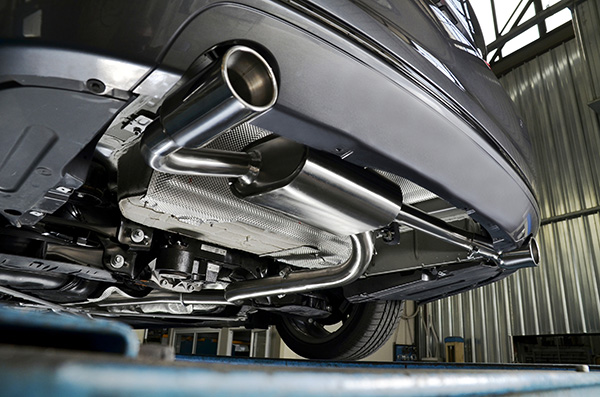
A loud exhaust isn’t just an attention-grabber; it’s also a potential red flag. While some car enthusiasts might enjoy the aggressive roar of a modified exhaust system, not all loud noises are created equal. If your car’s exhaust suddenly sounds louder than usual, it might be trying to tell you something important. Whether you're navigating the roads of Acworth, GA, or heading out for a longer trip, understanding what’s behind the noise is essential for your safety and the health of your vehicle. What Causes a Loud Exhaust A noisy exhaust isn’t always about aesthetics or modifications. Often, it’s a sign that something is wrong with your car’s exhaust system. Here are some common culprits: Exhaust Leaks Over time, the components of your exhaust system can wear out, crack, or rust, leading to leaks. These leaks often occur in the exhaust manifold, pipes, or muffler. When gases escape through a hole or gap ... read more
Posted on 11/29/2024
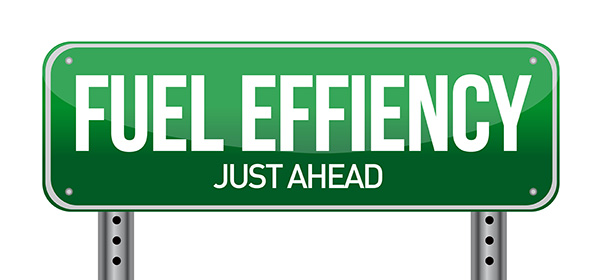
Are you tired of watching the fuel gauge drop faster than you'd like? With gas prices fluctuating, improving your car’s fuel efficiency isn’t just good for your wallet—it’s also a smart way to reduce your carbon footprint. Whether you're a daily commuter or planning a long road trip, there are several strategies you can use to get the most out of every tank of gas. Keep Your Tires Properly Inflated Did you know that under-inflated tires are one of the most common culprits behind poor fuel efficiency? When your tires are not inflated to the recommended pressure, rolling resistance increases. This means your engine has to work harder, using more fuel to maintain speed. Make it a habit to check your tire pressure at least once a month and before long trips. Most gas stations have air pumps, making it easy to top off your tires as needed. You can find the recommended tire pressure in your vehicle’s owner’s manual or on a stick ... read more
Posted on 10/31/2024
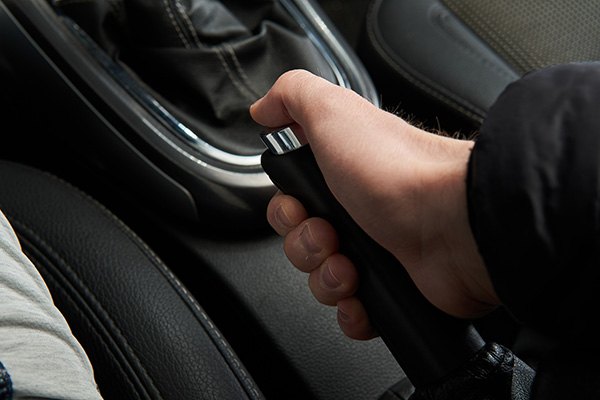
A failed parking brake can be a frustrating and even dangerous situation. You pull up the lever, expecting your car to stay securely in place, only to find it rolling unexpectedly. But what exactly causes a parking brake to fail? There are a few common reasons why your parking brake might not be working as it should, and understanding these can help you address the problem before it leads to bigger issues. How the Parking Brake Works The parking brake operates mechanically, unlike your regular brakes, which use hydraulic pressure. It typically connects via a cable to the rear wheels, applying pressure to hold the car in place when parked. In some newer vehicles, this system is electronic, but the fundamental principle remains the same. Any breakdown in this mechanism can result in failure, and the consequences can be more than just inconvenient. Worn Out or Stretched Brake Cables One of the most common reasons for a parking brake failure is a worn ... read more
Posted on 9/27/2024
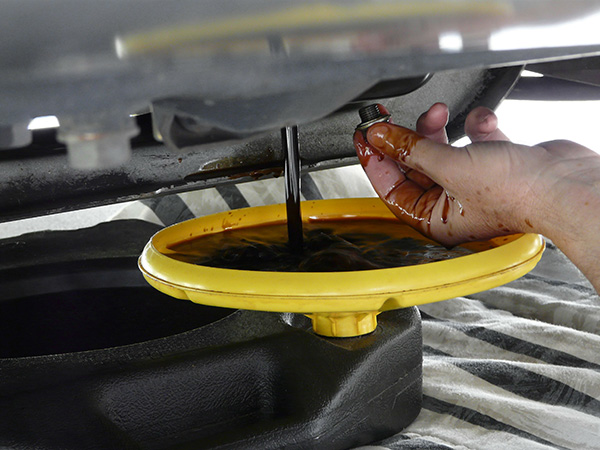
Diesel engines are known for their durability, efficiency, and ability to handle heavy-duty work. Whether you're driving a truck, using industrial machinery, or powering a generator, diesel engines often outperform their gasoline counterparts in terms of torque and fuel economy. But that doesn’t mean they’re invincible. Like any engine, diesel systems require regular maintenance to perform at their best. Without it, you risk expensive repairs, poor performance, and even engine failure. So, why is regular maintenance so important for diesel engines, and what should you be focusing on? 1. Extending Engine Life Diesel engines are built tough, but they still experience wear and tear over time. Regular maintenance ensures that all the moving parts are working as they should, which can significantly extend the lifespan of the engine. Think of maintenance as a preventative measure—rather than waiting for a major problem to occur, you catch minor issues ... read more
Posted on 8/30/2024
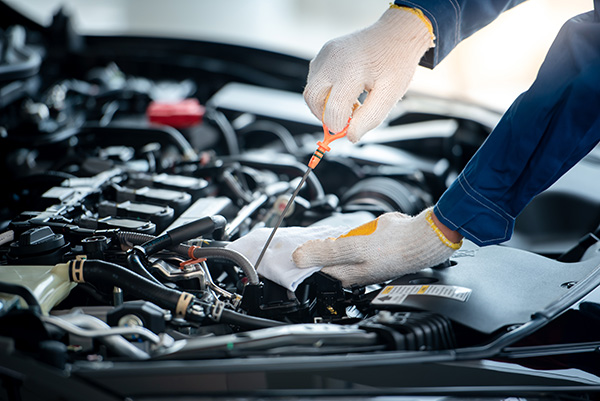
As the back-to-school season approaches, the excitement of new beginnings often overshadows the practicalities of daily routines. Among these, ensuring your car is ready for the increased demands of school commutes is crucial. Whether you're a parent shuttling kids to school or a student driving yourself, a well-maintained car is essential for safety and reliability. We will explain how you can prepare your vehicle for back-to-school commutes and make the most of this busy season. Why Car Maintenance is Essential Before School Starts Before the school bells ring, inspecting and maintaining your car can save you from unexpected breakdowns and costly repairs. Imagine the frustration of being late on the first day due to a flat tire or a dead battery. Regular maintenance not only enhances your car's performance but also ensures the safety of everyone on board. So, what should you focus on? Inspecting and Replacing Worn Tires One of the most cr ... read more
Posted on 7/26/2024
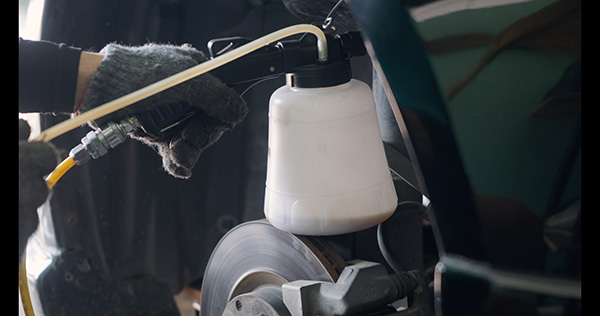
When it comes to vehicle maintenance, some tasks are less known among the drivers, yet they are critical for ensuring your safety on the road. One such task is the brake fluid flush. You might wonder, why is it so important? We will explain why a brake fluid flush is not just recommended but essential for your safety. The Brake Fluid and Its Role Brake fluid is a hydraulic fluid that transfers force into pressure, amplifying the braking force you apply with your foot. This fluid operates under extremely high temperatures and pressures to ensure your brakes work effectively. Over time, however, brake fluid can absorb moisture from the air, leading to decreased efficiency and potential failure. The Problem with Contaminated Brake Fluid As brake fluid absorbs moisture, its boiling point lowers significantly. In a high-temperature situation, such as intense braking, the fluid can vaporize, causing a spongy brake pedal or even complete brake failure. Ad ... read more
Posted on 6/27/2024
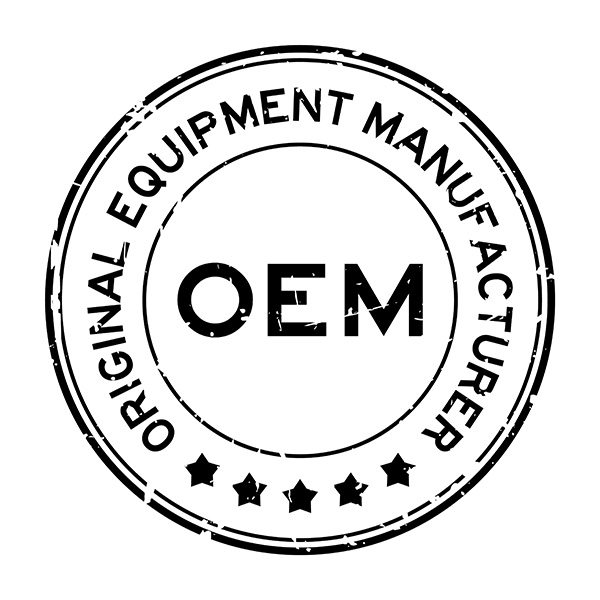
If you've ever taken your car to the shop for repairs or replacements, you've probably come across the term OEM. But what does OEM mean in the auto industry, and why is it important for car owners to understand this term? Let's break down the concept of OEM and explore its significance in maintaining your vehicle's performance and longevity. OEM Meaning OEM stands for Original Equipment Manufacturer. This term refers to the company that originally manufactured the parts or components that were installed in your vehicle when it was built. In other words, OEM parts are identical to those that came with your car when it rolled off the assembly line. Why OEM Parts Matter Using OEM parts for repairs and replacements offers several benefits that can significantly impact your vehicle's performance, safety, and overall value. Let's explore these advantages ... read more
Posted on 5/28/2024
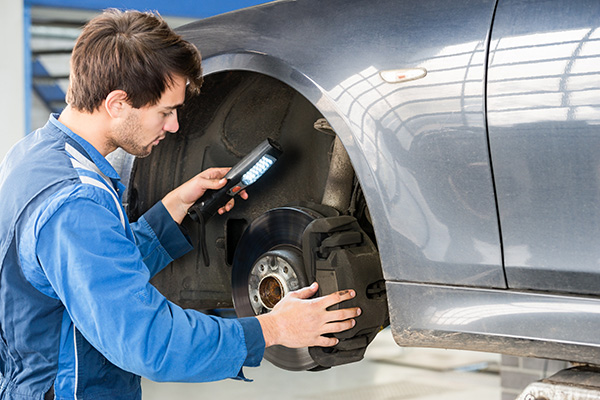
Your vehicle's brakes are essential for your safety on the road. Recognizing the warning signs of brake problems can help you address issues before they escalate into major safety concerns. We'll list seven common warning signs that indicate potential brake problems, allowing you to take proactive measures to ensure the reliability of your vehicle's braking system. 1. Squealing or Grinding Noises One of the most noticeable signs of brake trouble is unusual noises when applying the brakes. Squealing or grinding sounds can indicate worn brake pads or damaged brake rotors. Ignoring these noises can further damage your braking system and compromise your ability to stop safely. 2. Soft or Spongy Brake Pedal A soft or spongy brake pedal can indicate air in the brake lines or a leak in the brake fluid system. When you press the brake pedal, it should feel firm and responsive. If the pedal feels mushy or sinks to the floor when you apply pressu ... read more
Posted on 4/27/2024
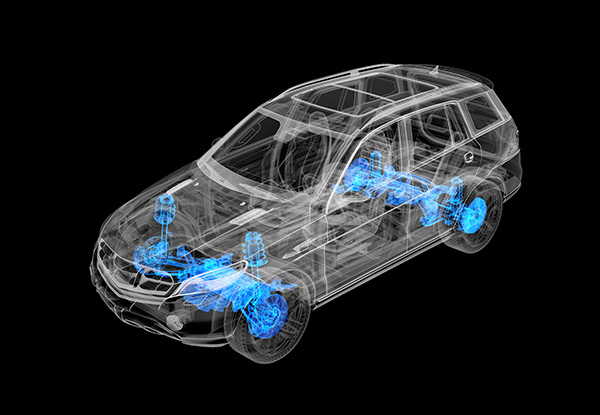
Have you ever wondered what makes your car glide smoothly over rough roads or effortlessly absorb bumps? It's all thanks to the suspension system. We'll explore the main components of car suspension and how they work together to provide stability, control, and comfort. The Role of Car Suspension At its core, the suspension system is responsible for two primary functions: supporting the vehicle's weight and absorbing shocks from the road surface. Doing so ensures a comfortable ride for passengers while maintaining optimal traction and stability. Components of Car SuspensionSprings Springs are the backbone of the suspension system, providing support and absorbing shocks. They come in various forms, including coil springs, leaf springs, and torsion bars, each offering unique characteristics tailored to different vehicle designs. Shock Absorbers Shock absorbers, also known as dampers, work in tandem with ... read more
Posted on 3/29/2024
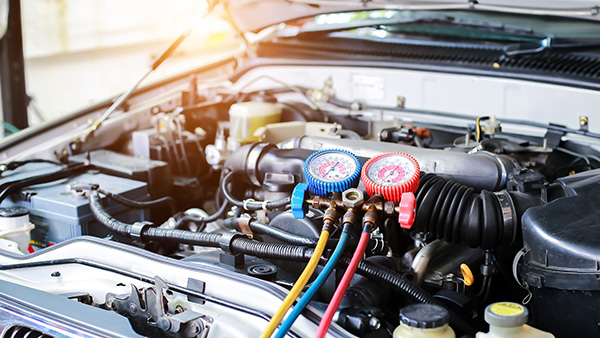
Are you tired of sweating it out in your car during the scorching summer months or freezing in the cold? Your car's air conditioning (A/C) system can provide much-needed relief, but like any other part of your vehicle, it requires proper maintenance to function efficiently. But there is a catch. We'll share the ins and outs of maintaining your car's A/C system, including debunking the common misconception of A/C fluid. Your Car's A/C System - The Basics Your car's A/C system compresses and circulates refrigerant to remove heat from the cabin air, resulting in cooler temperatures. Key components include the compressor, condenser, evaporator, and refrigerant lines, all working together to provide comfortable climate control. Keeping Your A/C Running Smoothly Check and Replace the Cabin Air Filter The cabin air filter helps trap dust, pollen, and other contaminants, preventing them from entering your car's interior and cloggin ... read more